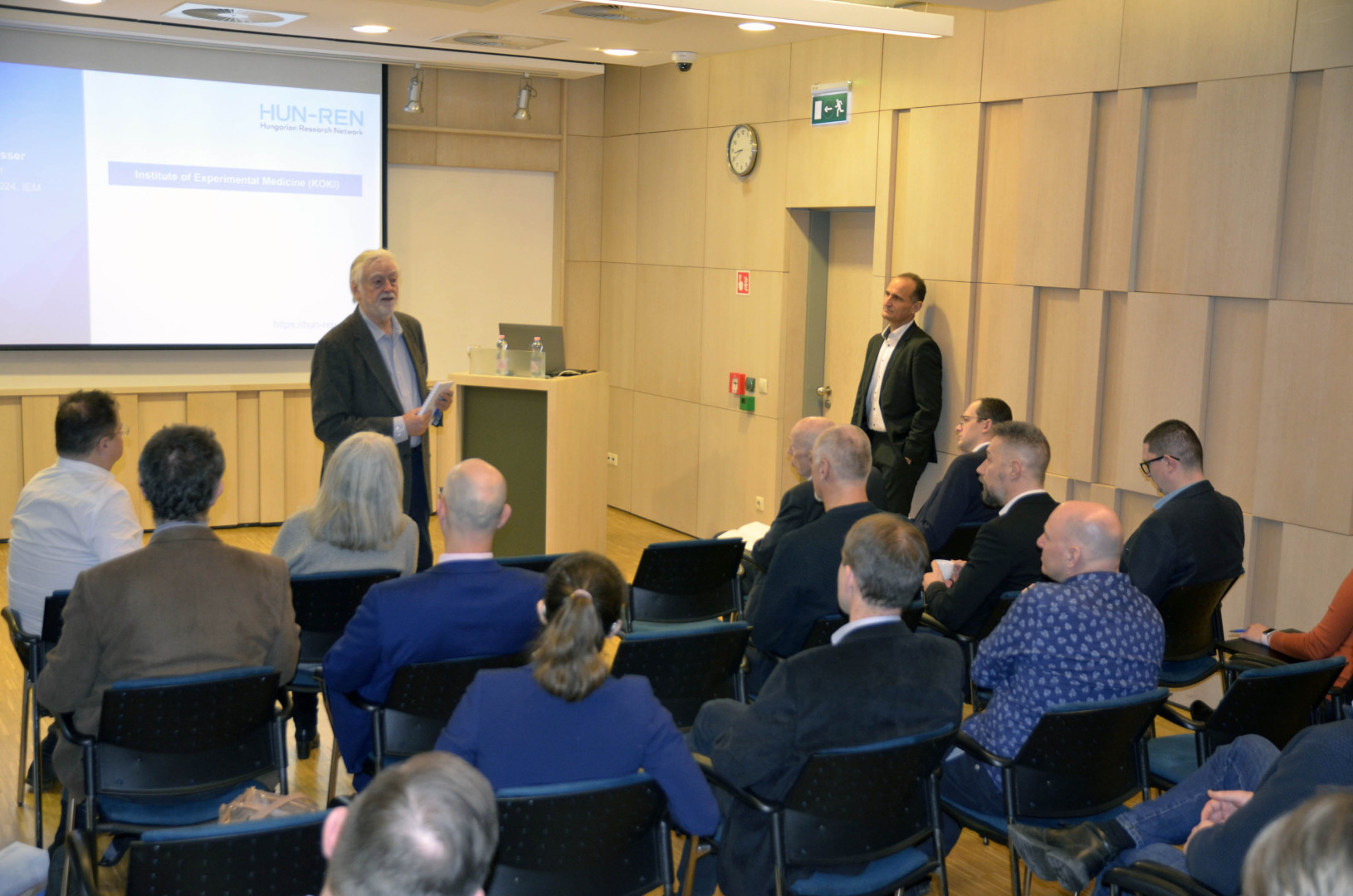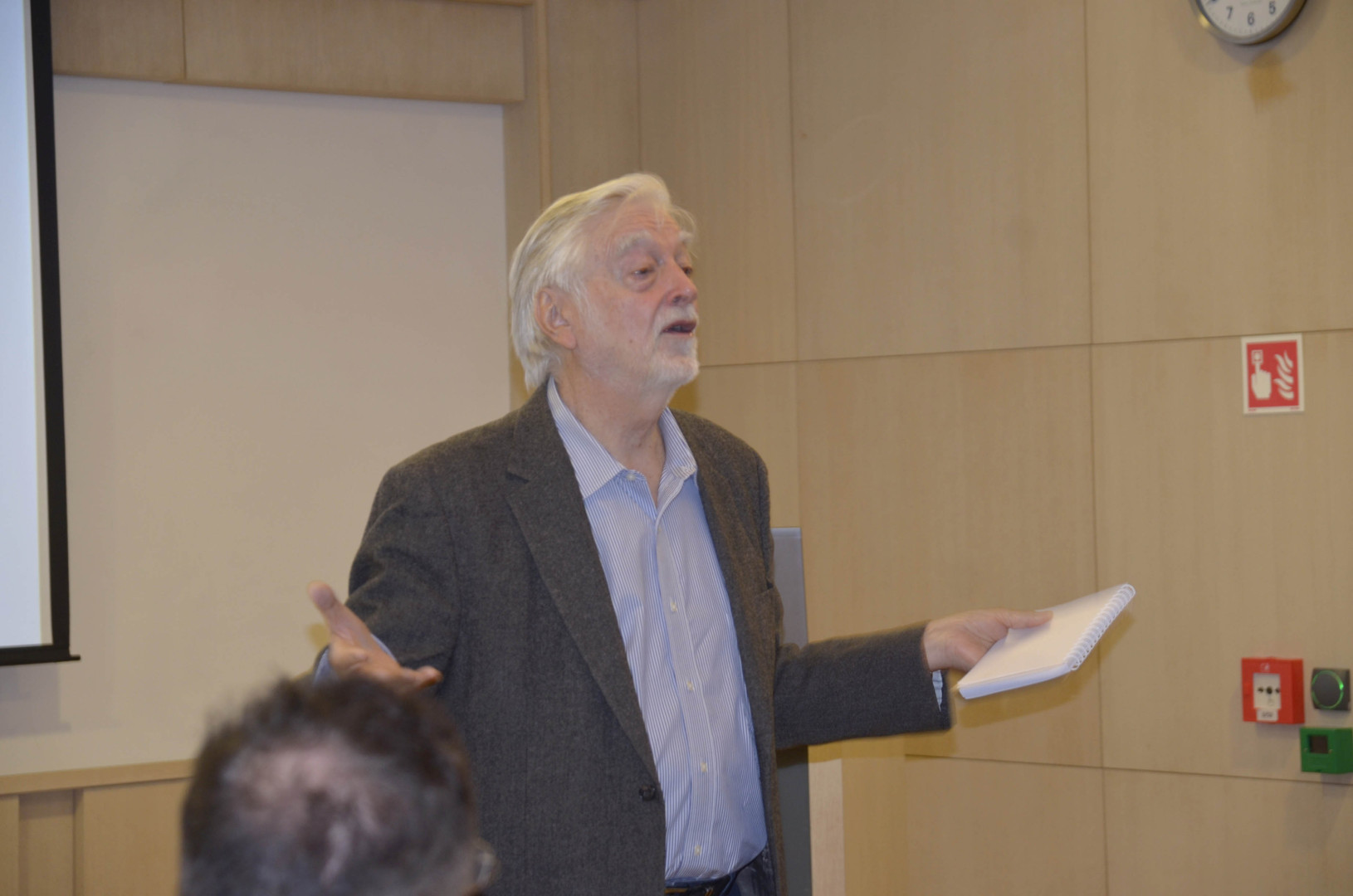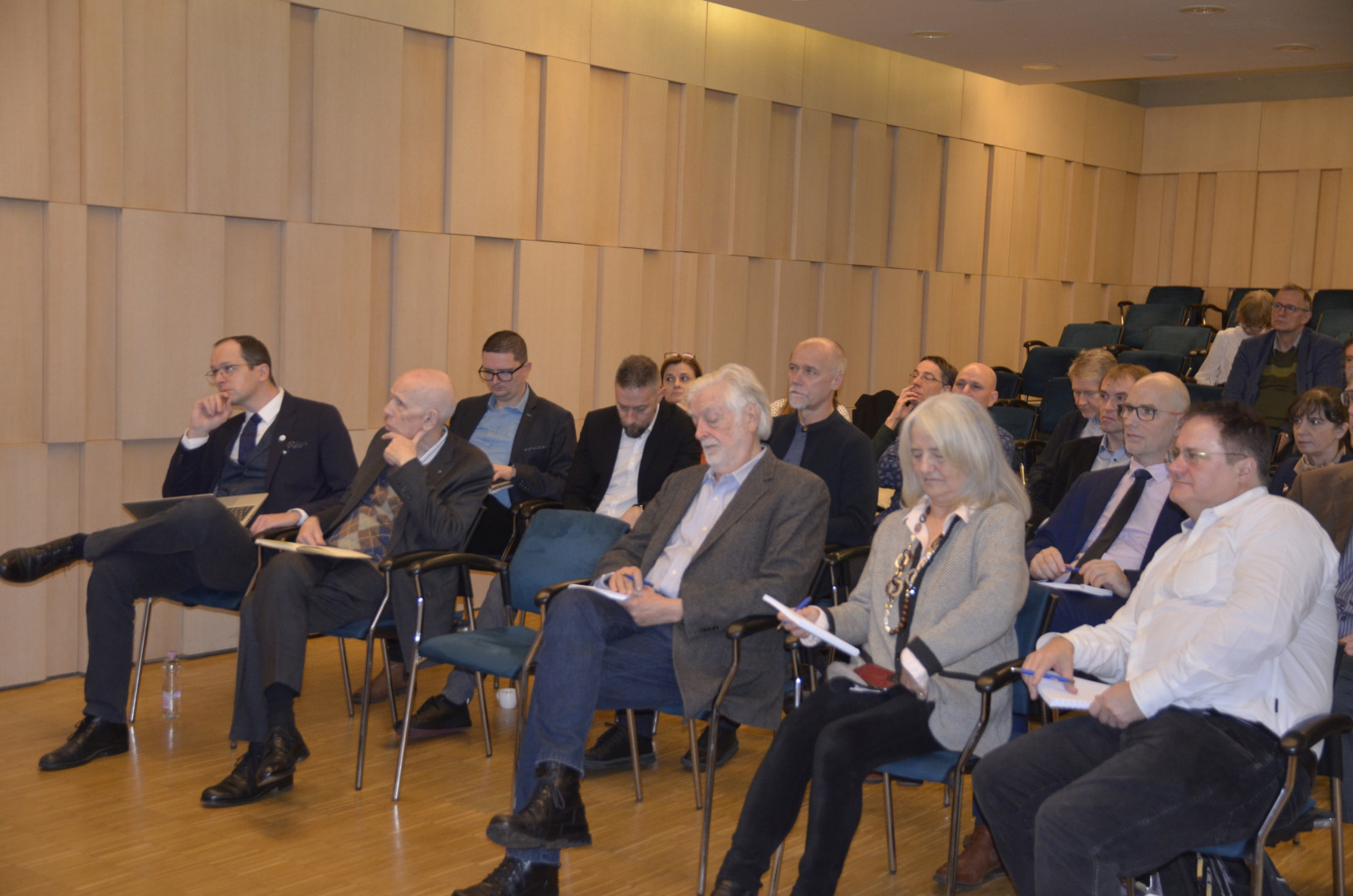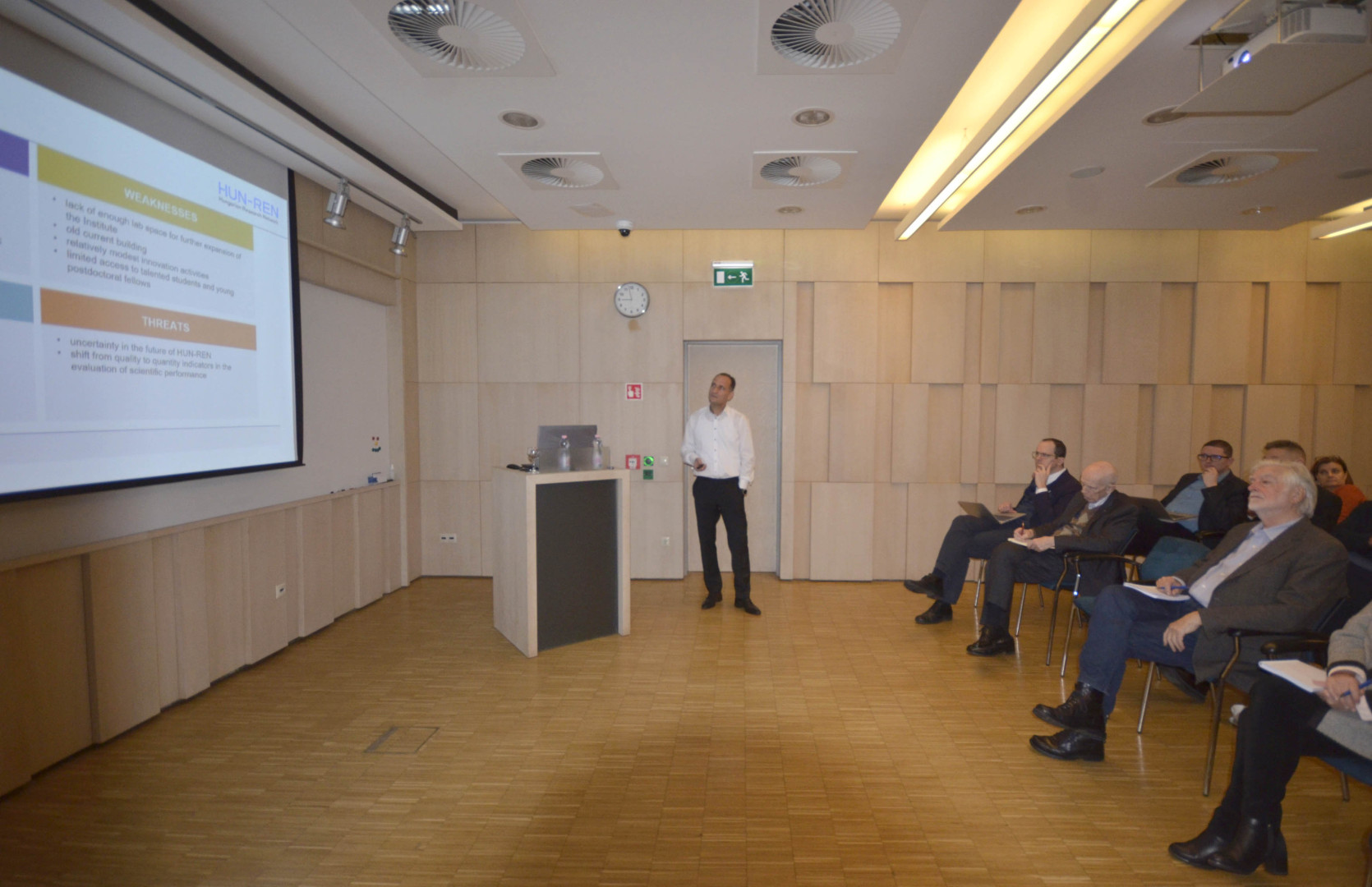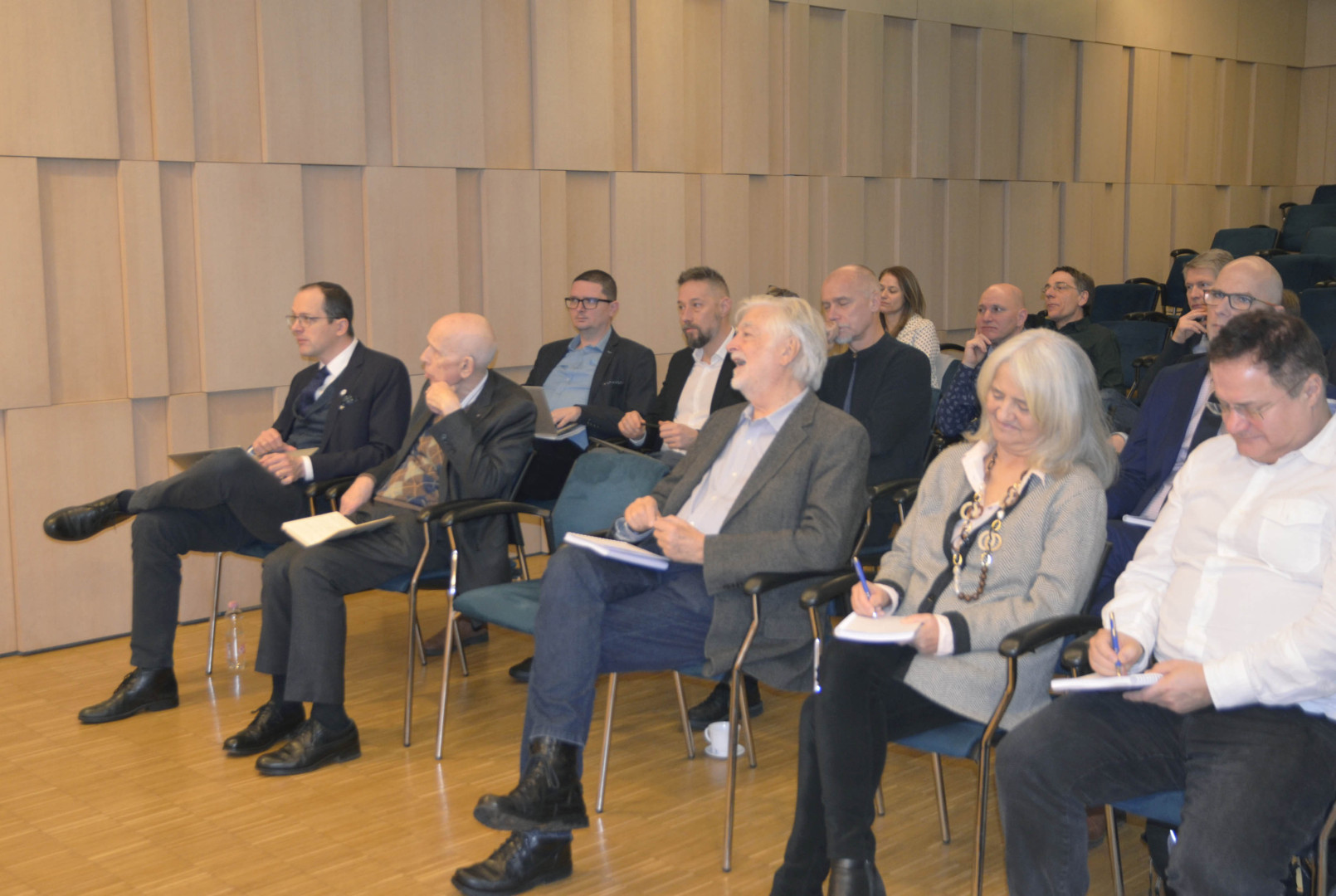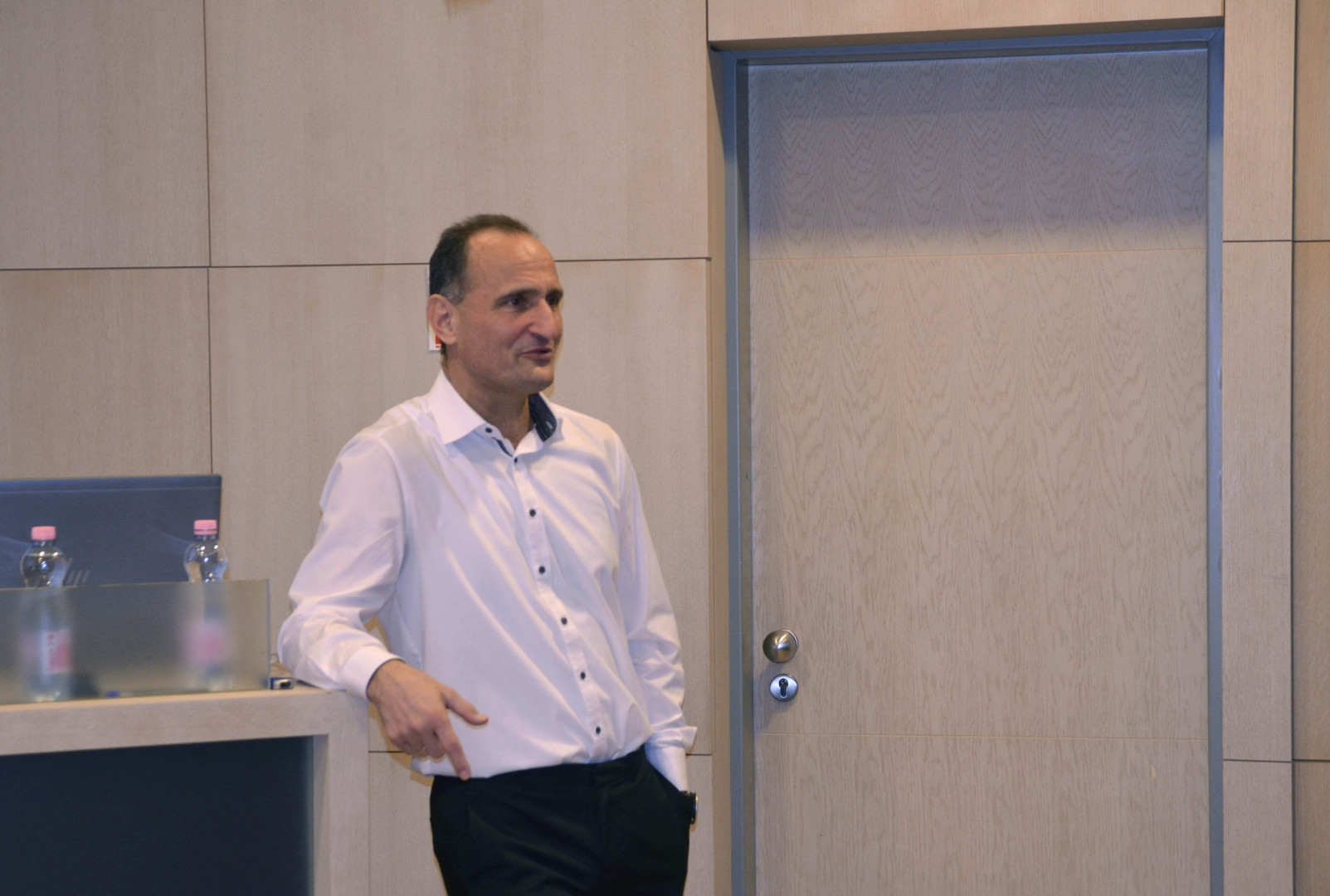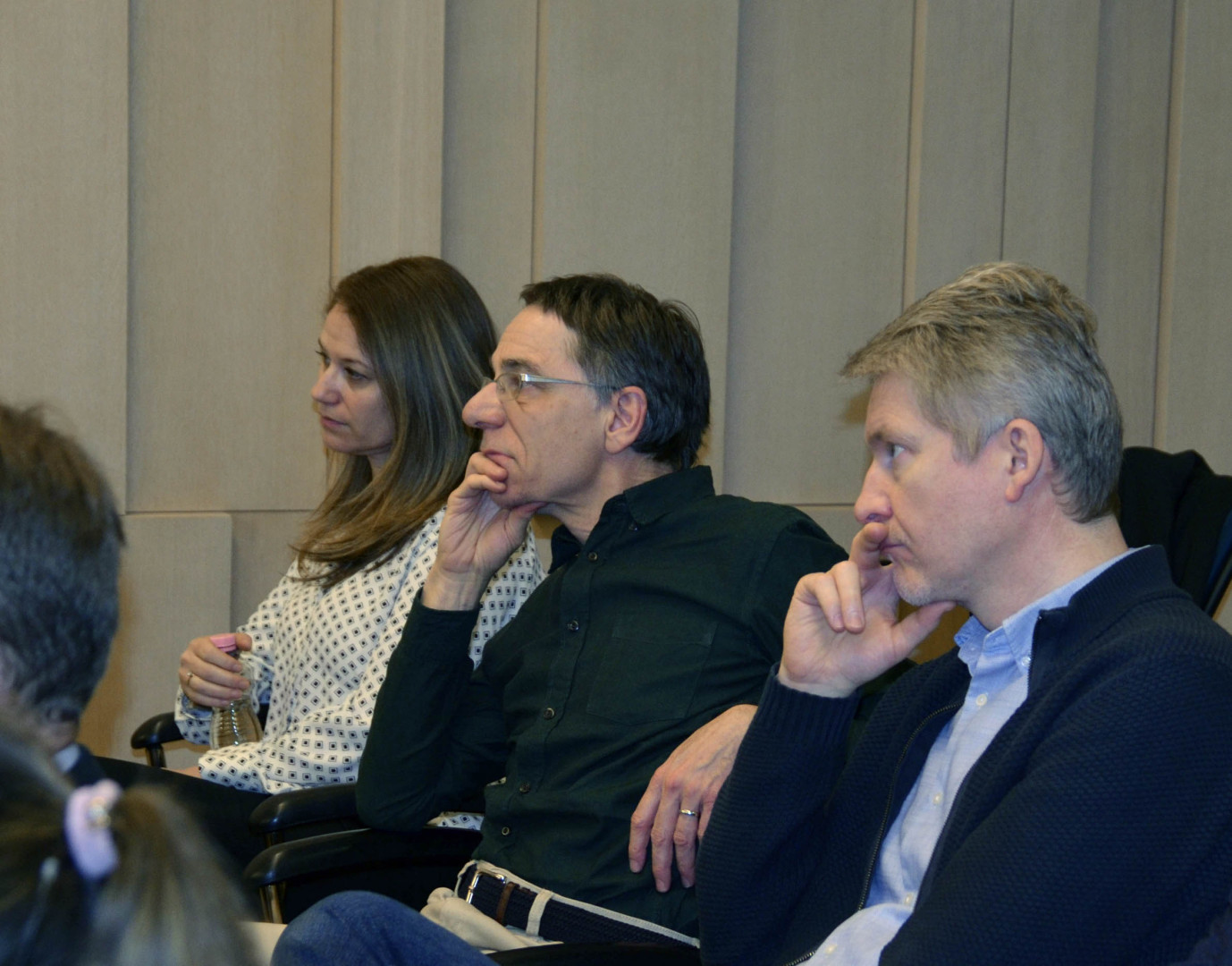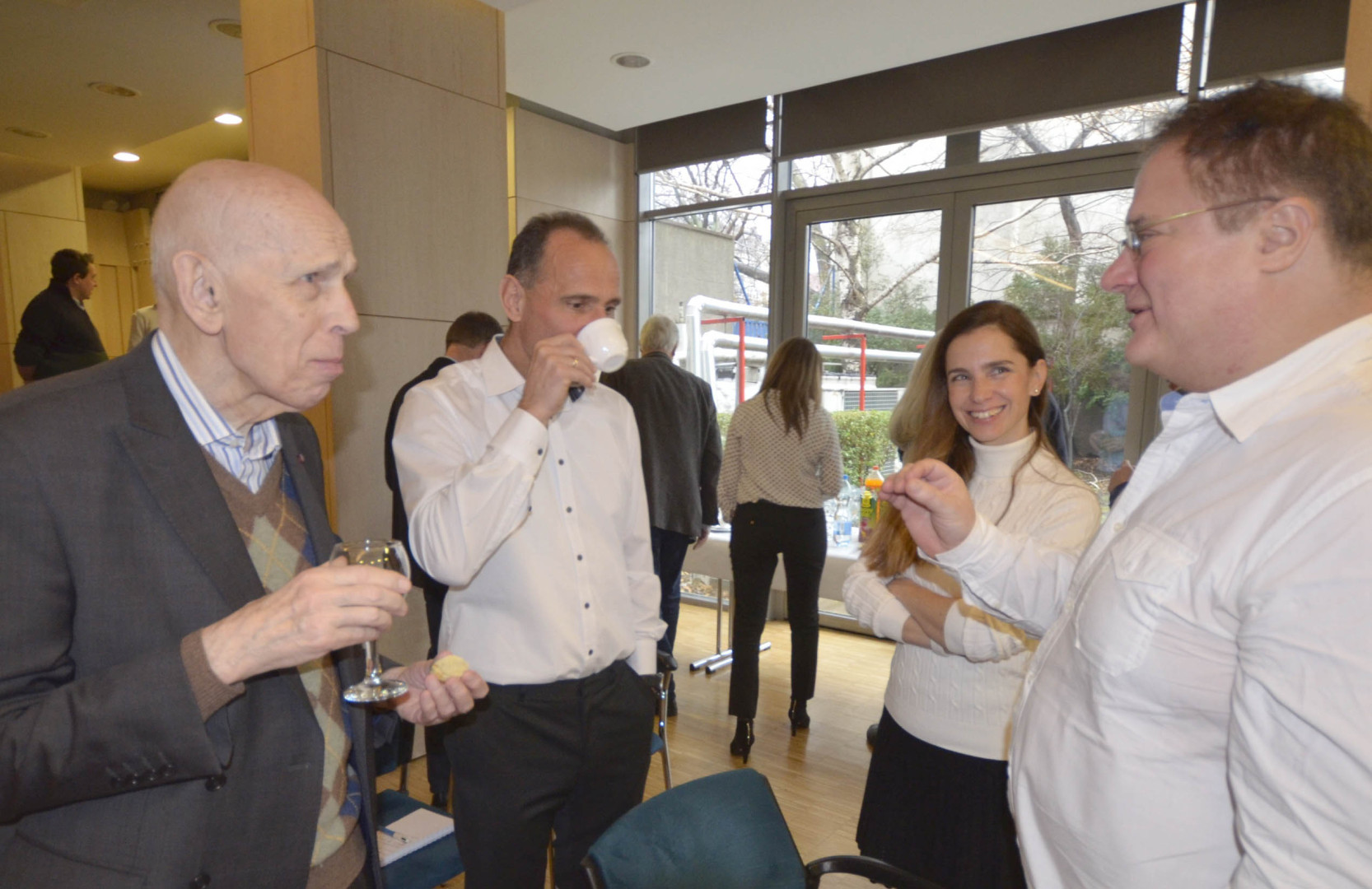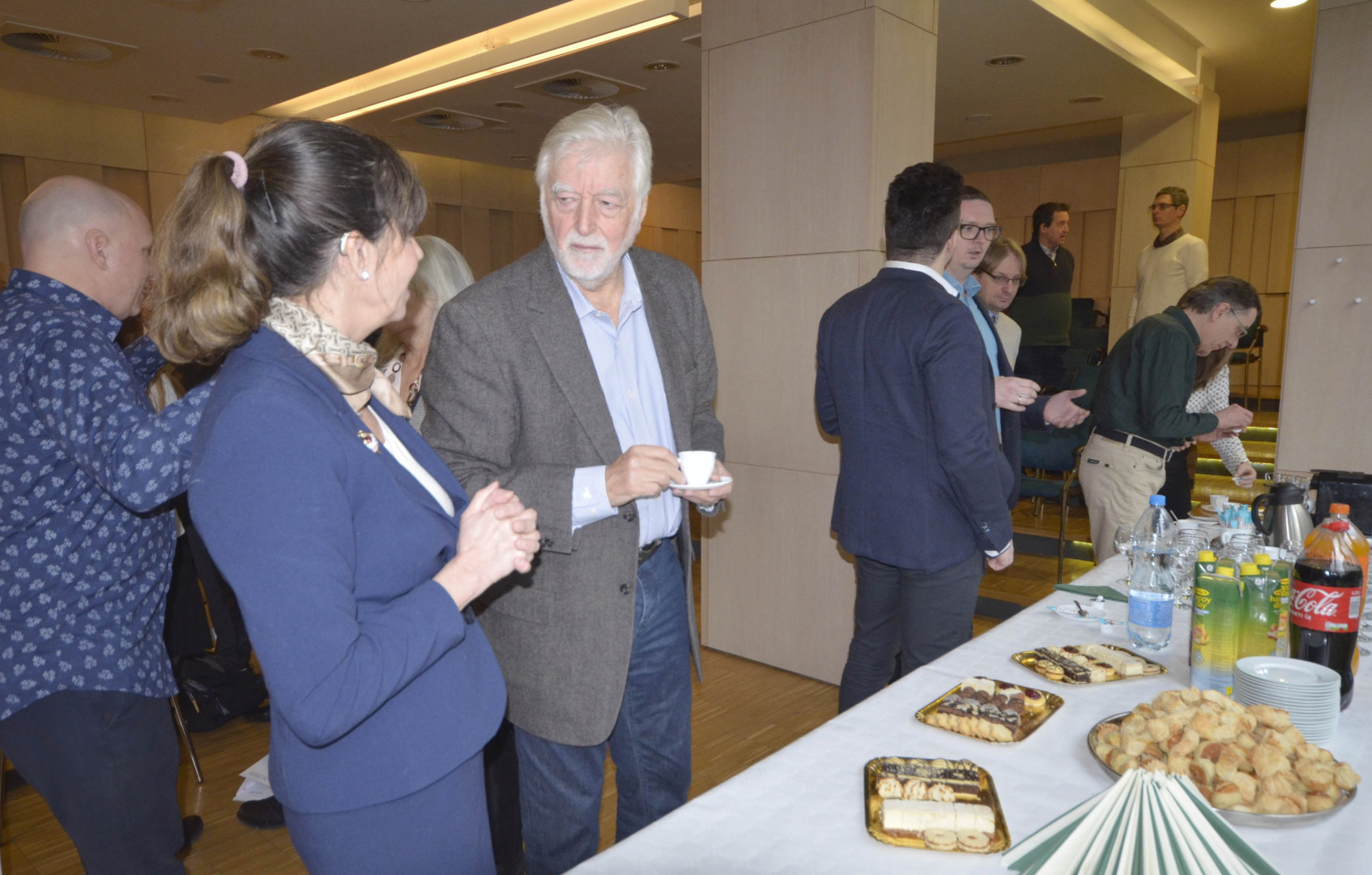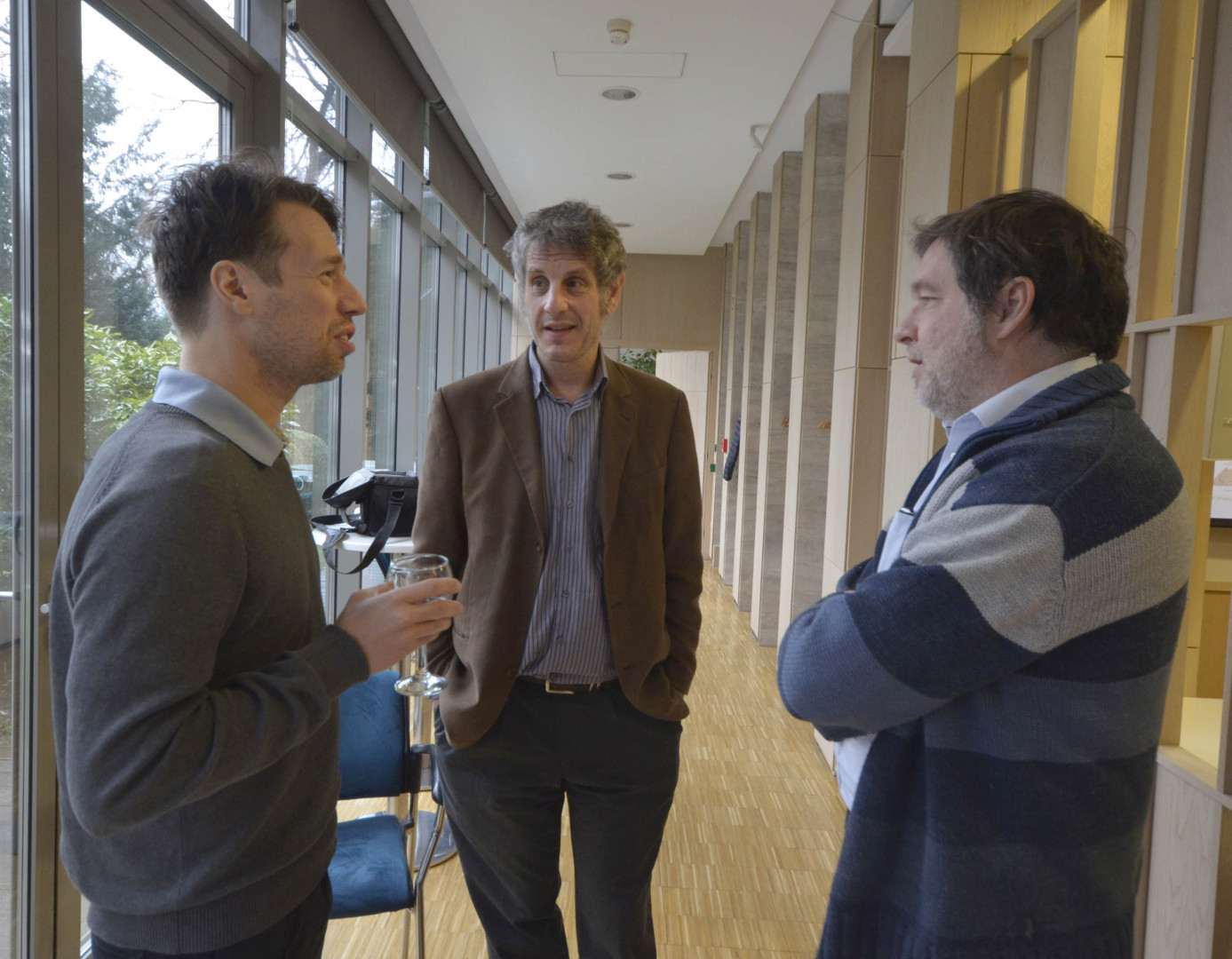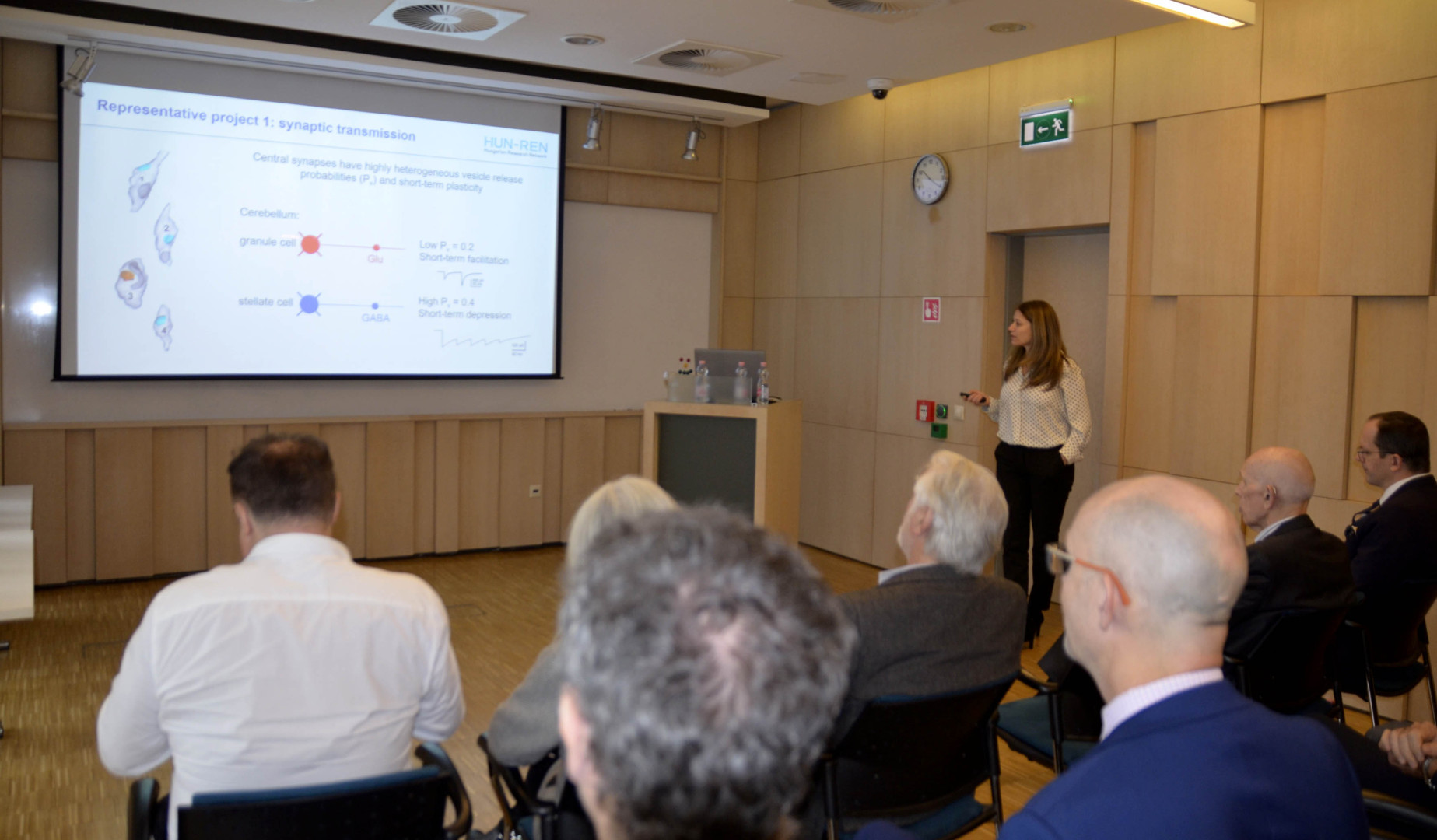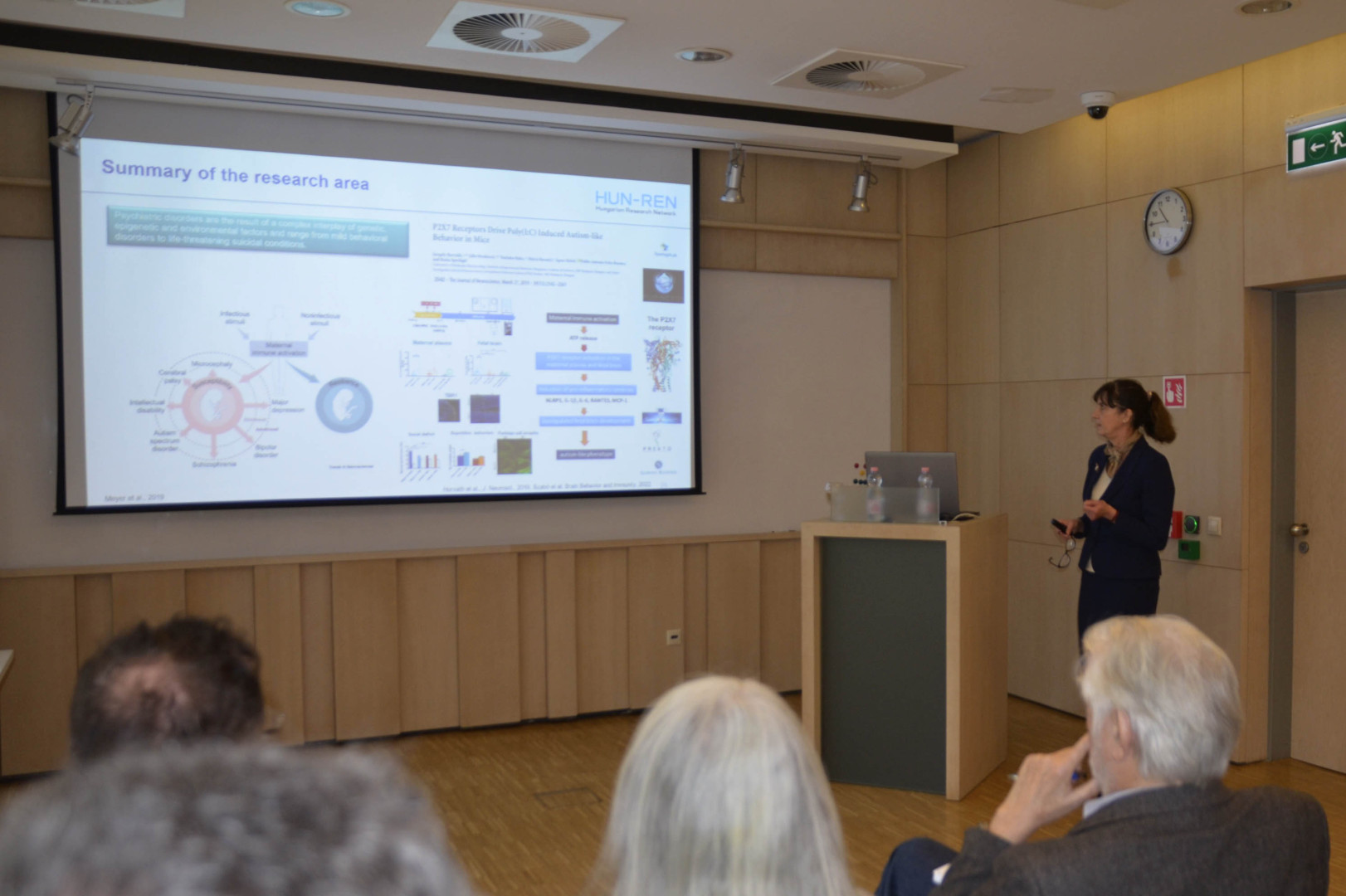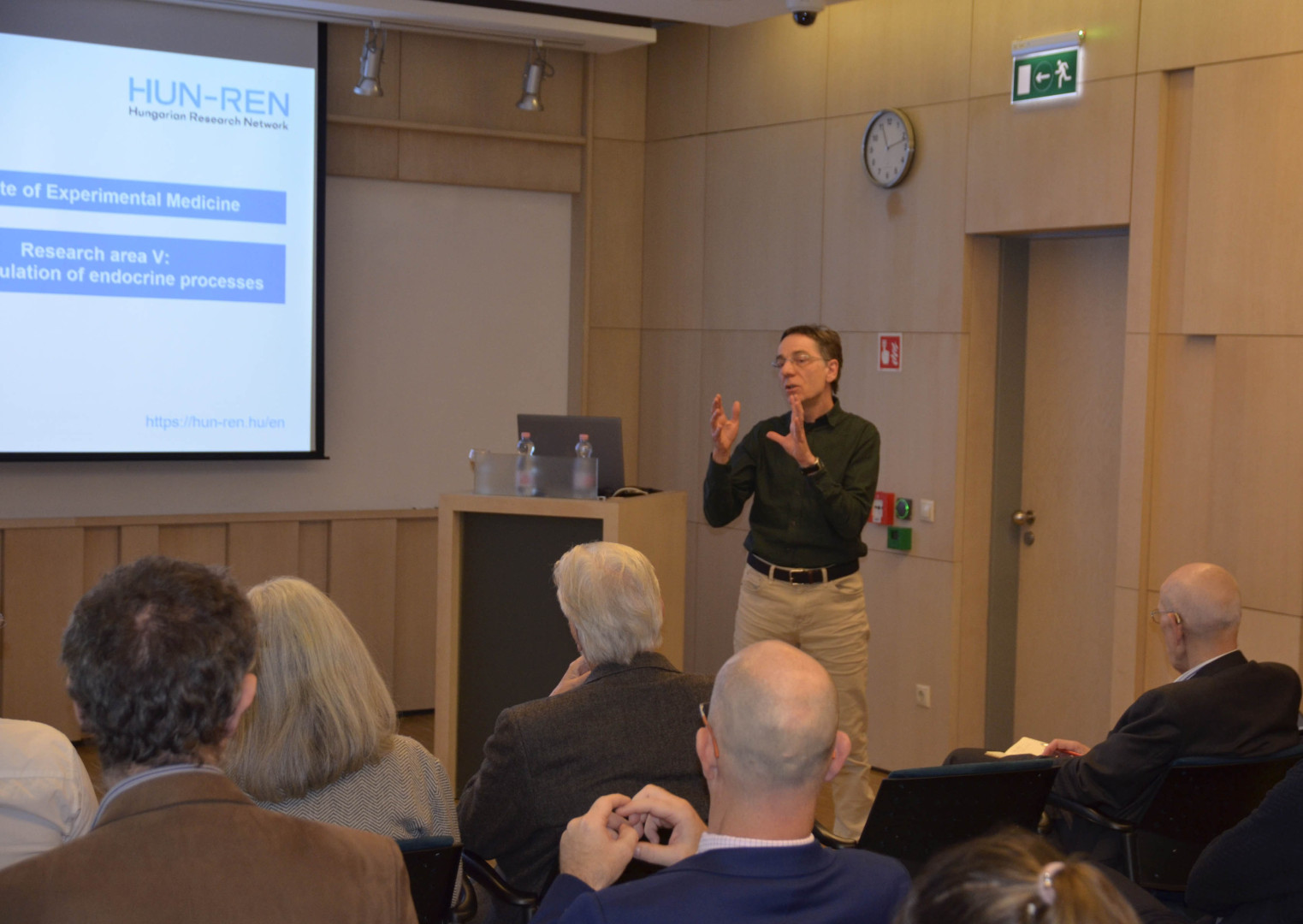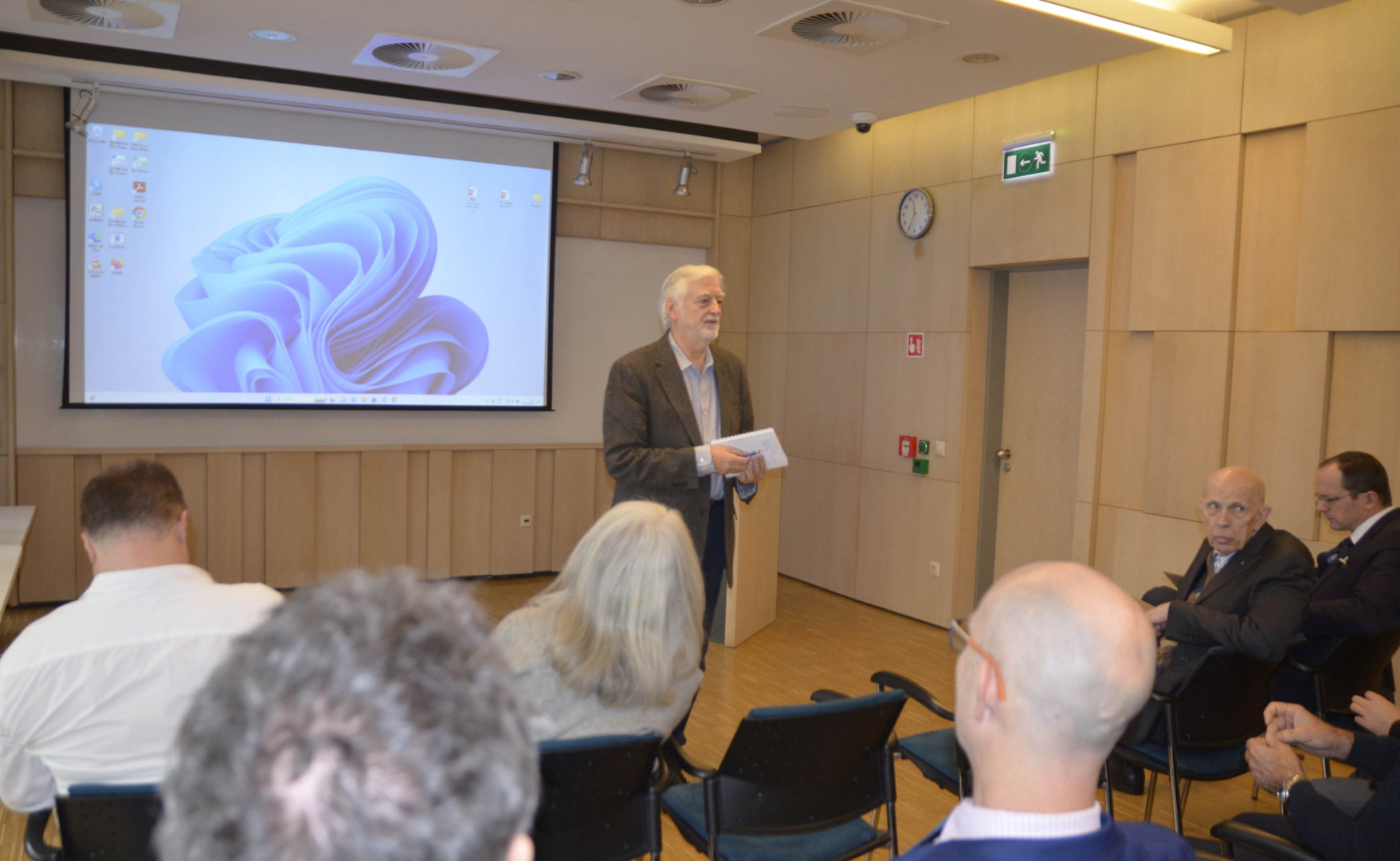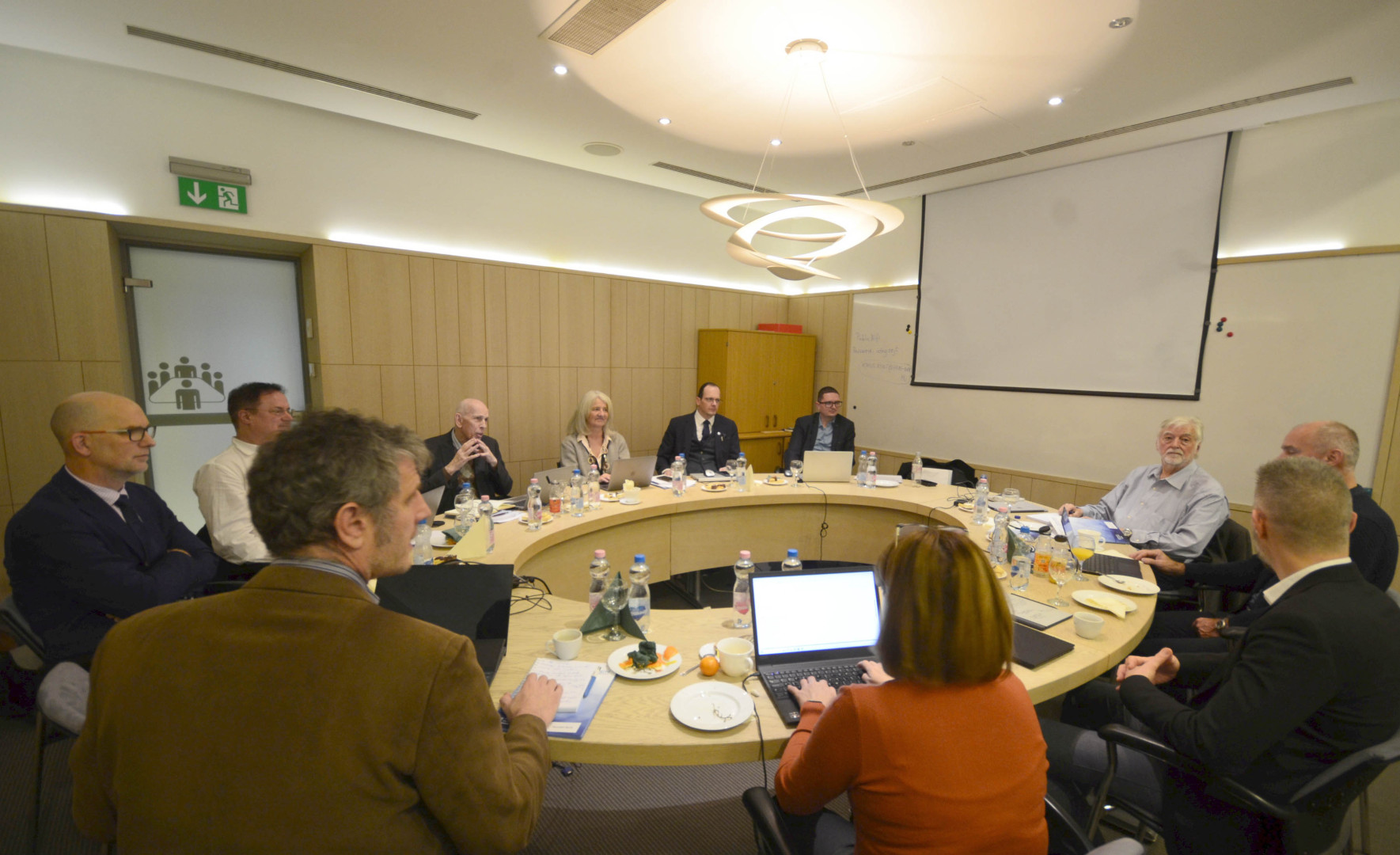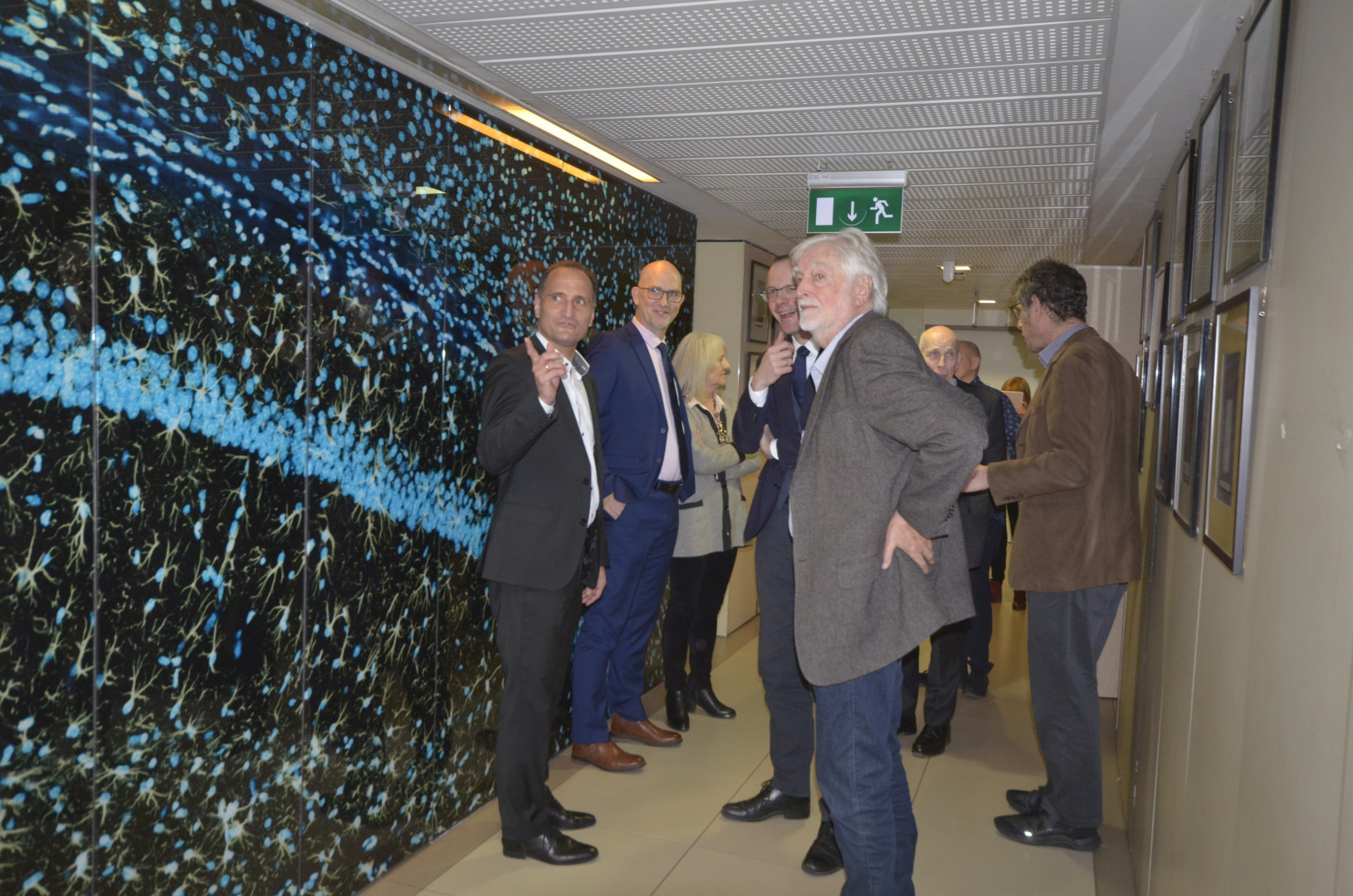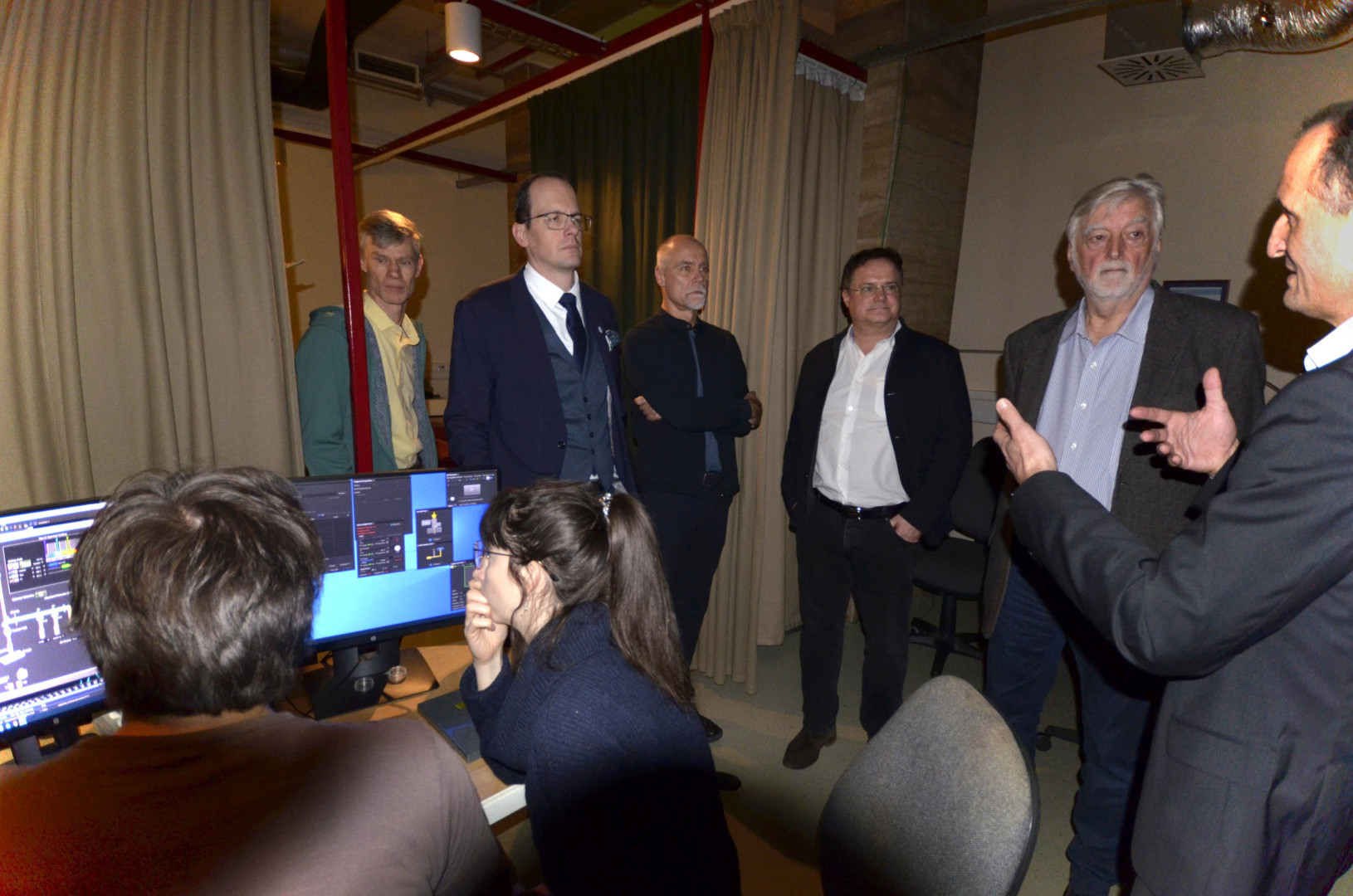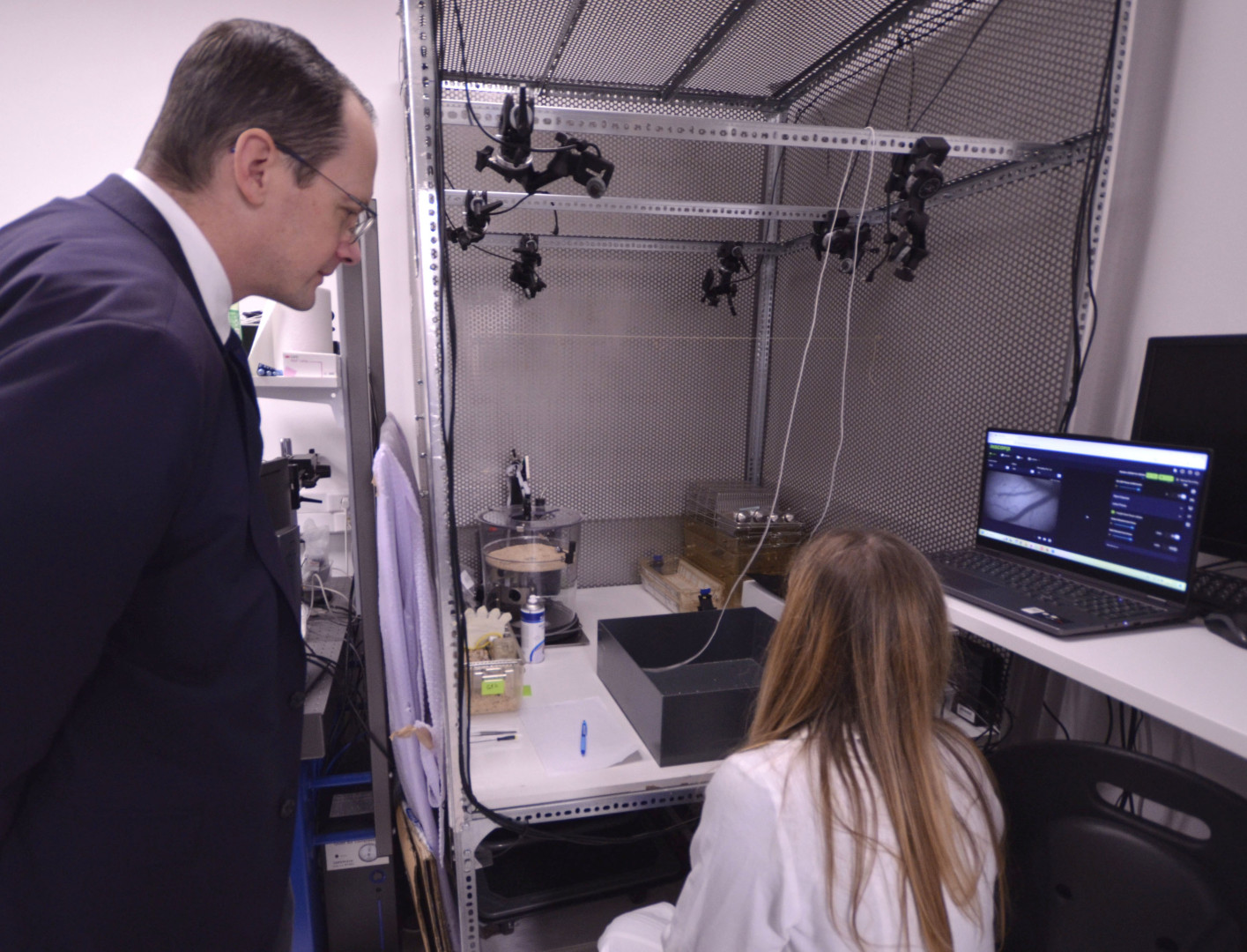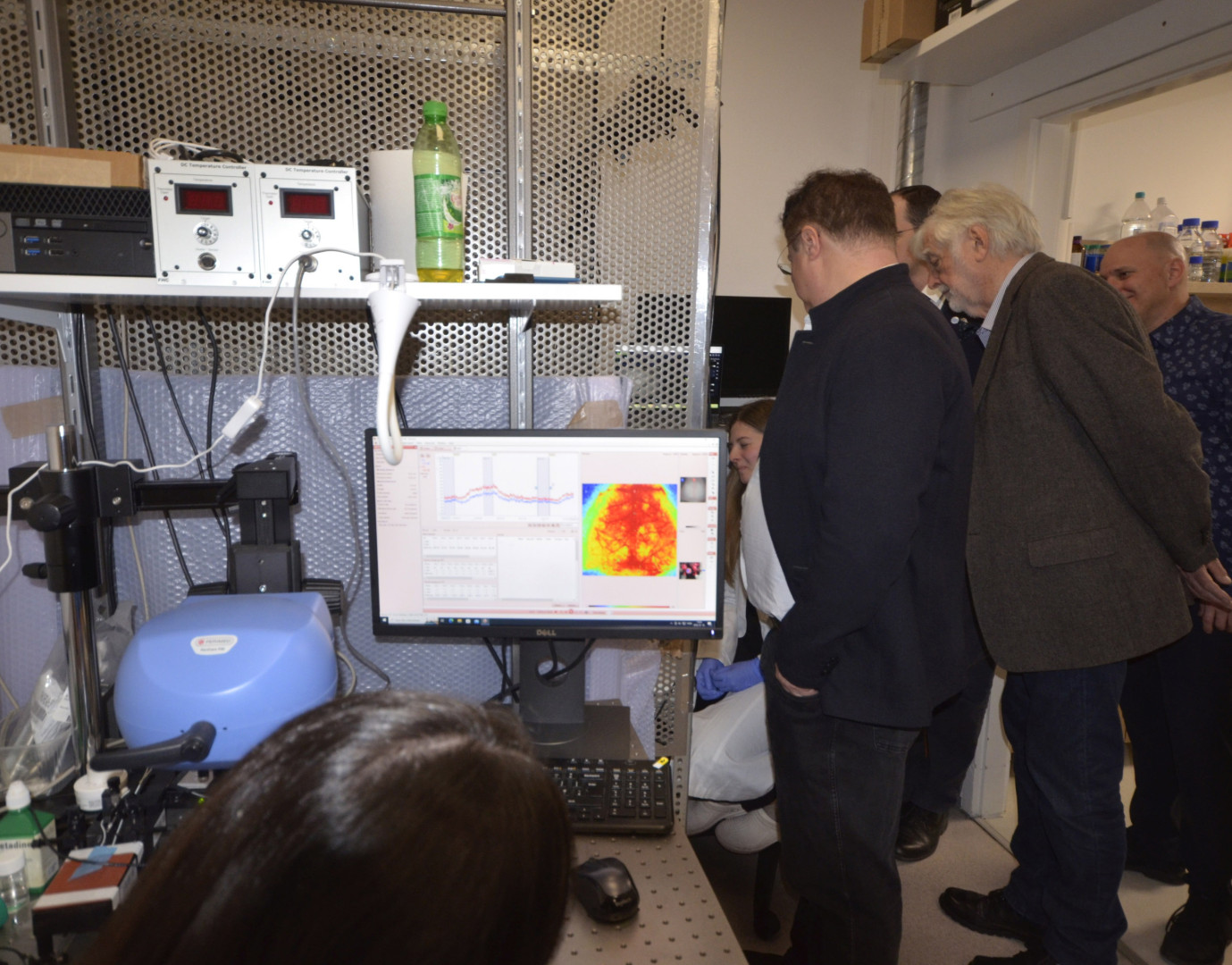Visit of the HUN-REN KOKI Evaluation Committee
The main objectives set by the new President of HUN-REN, Balázs Gulyás, are to strengthen scientific and innovation capacities and to increase the social, economic, and intellectual impact of research and innovation results. To achieve these goals, a new research strategy is needed, which requires knowledge of the current situation of HUN-REN's 49 research institutes and their performance in international comparison.
HUN-REN has invited researchers of world renown to undertake this major work, and the survey will be carried out in the first third of this year.
This "institutional screening" took place at KOKI on 18th January. The importance of the event was clear to every member of the KOKI, but the lion's share of the work was done by the members of the Board and the team leaders.
The members of the Assessment Committee evaluating HUN-REN IEM are:
Prof. Alexander J.B. Zehnder, Visiting Professor at Nanyang Technological University (NTU), Singapore, Professor Emeritus at ETH Zurich, Switzerland, Chairman of the HUN-REN Advisory Board
István Szabó PhD, Strategic Advisor to HUN-REN
Prof. Zoltán Molnár, Professor of developmental neuroscience at the University of Oxford (UK), a fellow of the Royal Society of Biology, and a member of Academia Europaea
Prof. Dr. Ole Holger Petersen, FRS, former Vice President of the Royal Society and the Academia Europaea, and Research Professor at Cardiff University’s School of Biosciences (UK)
Prof. Dr. Tibor Harkány, Head of the Department of Molecular Neurosciences at the Center for Brain Research at the Medical University of Vienna (Austria), Professor of Neurobiology at Karolinska Institute, Stockholm (Sweden)
Prof. Kenneth Harris, Professor at the Institute of Neurology at the University College London (UK)
Prof. Dr. Gábor Tamás, Professor of neuroscience at the University of Szeged, leader of the HUN-REN–SZTE Research Group for Cortical Microcircuits
Michela Matteoli, Full Professor of Pharmacology at Humanitas University, Pieve Emanuele, Director of the Neuroscience Program at Humanitas Clinical and Research Hospital, Rozzano, member of Academia Europaea (Italy)
Prof. Dr. Péter Nagy, Scientific Director and Head of the Molecular Immunology and Toxicology Department at the National Institute of Oncology in Budapest, and Acting Director of the Chemistry Coordination Institute at the University of Debrecen
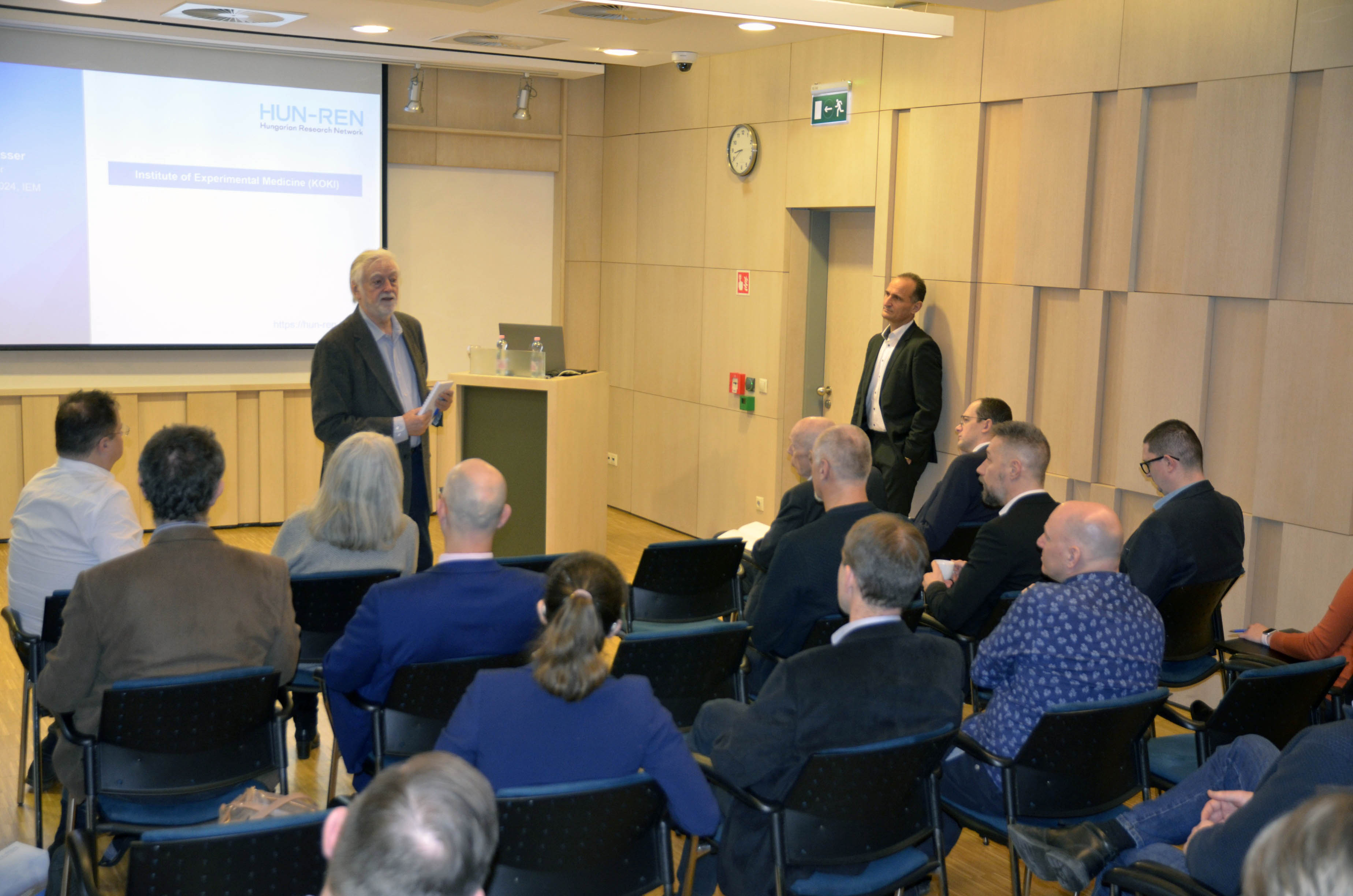 After the welcoming speeches, our Director Zoltán Nusser, a member of the Hungarian Academy of Sciences introduced our Institute and its goals, making clear even to the first-time visitors the structure and goals of the Institute, the support for the pursuit of outstanding discoveries and results, our successes, the success of our grant applications, but he also mentioned the difficulties of the present situation and the uncertainty of the future.
After the welcoming speeches, our Director Zoltán Nusser, a member of the Hungarian Academy of Sciences introduced our Institute and its goals, making clear even to the first-time visitors the structure and goals of the Institute, the support for the pursuit of outstanding discoveries and results, our successes, the success of our grant applications, but he also mentioned the difficulties of the present situation and the uncertainty of the future.
After the presentation, many questions and many themes emerged, ranging from the difficulties of attracting young researchers and undergraduate students to the slower, riskier model of a slower, riskier research career model as opposed to the faster success of a clinical career, to the current lack of prospects for attracting a world-class young team leader, which is not beyond us, and the inadequacy of the current support system in this country. That the whole discussion nevertheless had a positive outcome is due in no small part to the words of Professor Alexander J.B. Zehnder, who has a wealth of experience and wisdom. And the encouragement certainly came because he could only agree that excellence in our institution is the basis for recognition and support.
As the day progressed, it became more and more obvious to the audience in the auditorium that the HUN-REN Advisory Board was not only interested but also appreciative of the carefully structured presentations.
They lived up to what Professor Zehnder had said in his brief, very friendly, one might say encouraging, welcome address. They are not here to listen to statistics, they have read the articles, and they are here to learn about the people who have achieved results, and about the Institute itself.
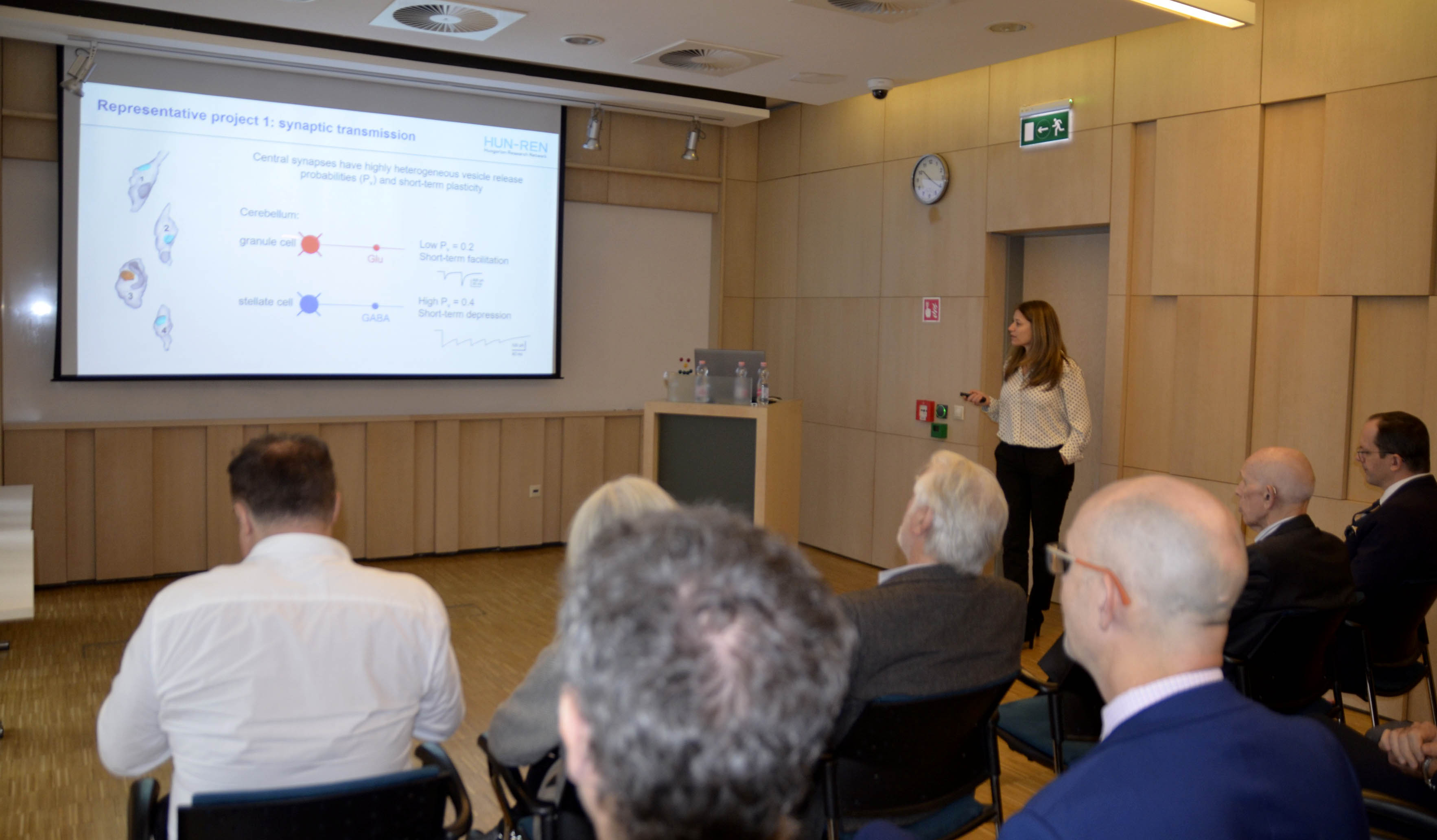 After a short coffee break, five short presentations were given which were organized along five strategic lines, the "five pillars" and selected from the two to three times twenty topics of our twenty research teams.
After a short coffee break, five short presentations were given which were organized along five strategic lines, the "five pillars" and selected from the two to three times twenty topics of our twenty research teams.
The 10-10 minute presentations by Judit Makara, Ádám Dénes, Beáta Sperlágh, László Acsády, and Csaba Fekete demonstrated that they are internationally recognized members of their research field with a great deal of lecturing experience, and their answers to the questions showed a comprehensive and up-to-date knowledge of their topic.
The small "interlude", not included in the preliminary program, is worth a brief mention as it illustrates the atmosphere of the whole visit.
When Csaba Fekete mentioned the role of the gut microbiome in the presentations on neuroendocrinology research, Professor Zehnder immediately asked when this gut microbiome research was planned. This lifted the spirits of the KOKI audience, as this research has been going on at the institute for years, has been very successful, and has already been partially patented, thanks to Krisztina Kovács and her group. Upon hearing this, Krisztina was immediately called out from the audience of group leaders representing the institute. She answered further questions - to everyone's great satisfaction.
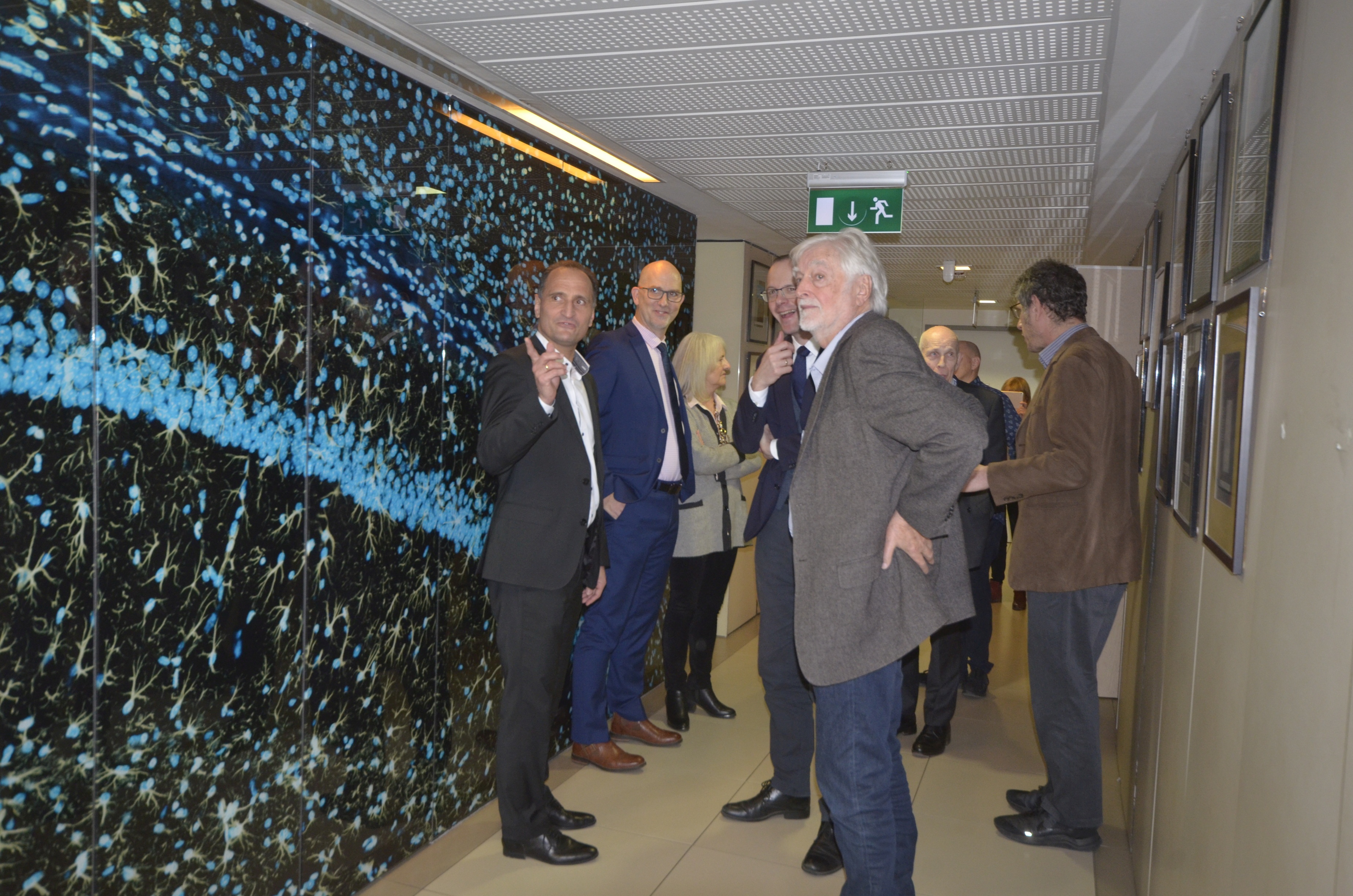 During the afternoon program, our guests visited three of our world-class imaging units (Light Microscopy Center, Electron Microscopy Center, and Functional Ultrasound Imaging) and then the Committee spoke to four team leaders of their choice. Among them was Balázs Rózsa, one of the founders of KOKI's first spin-off company, the successful Femtonics. Since he has been interviewed many times, I preferred to ask the others about this face-to-face meeting.
During the afternoon program, our guests visited three of our world-class imaging units (Light Microscopy Center, Electron Microscopy Center, and Functional Ultrasound Imaging) and then the Committee spoke to four team leaders of their choice. Among them was Balázs Rózsa, one of the founders of KOKI's first spin-off company, the successful Femtonics. Since he has been interviewed many times, I preferred to ask the others about this face-to-face meeting.
Balázs Ujfalussy:" I said that one of the biggest challenges for me is also attracting and retaining talent and that I could build an experimental lab, but maybe it's better for me to do what I know and leave the experimentation to my excellent colleagues."
Balázs Gereben: "There were several things that were mentioned, I will highlight one important one. They were interested in the background available to support the market exploitation of the scientific results that are being produced. I explained that market exploitation was not a concern in the past, but recently there has been a noticeable start in the development of a background by ELKH and then HUN-REN to help identify and protect marketable results."
Gábor Nyiri: "I have been asked what our group is doing, whether we are planning patents, and how challenging it is to have such a large group. So I told them about our scientific plans and why I think it is important to study the memory and mood regulation of the brain stem."
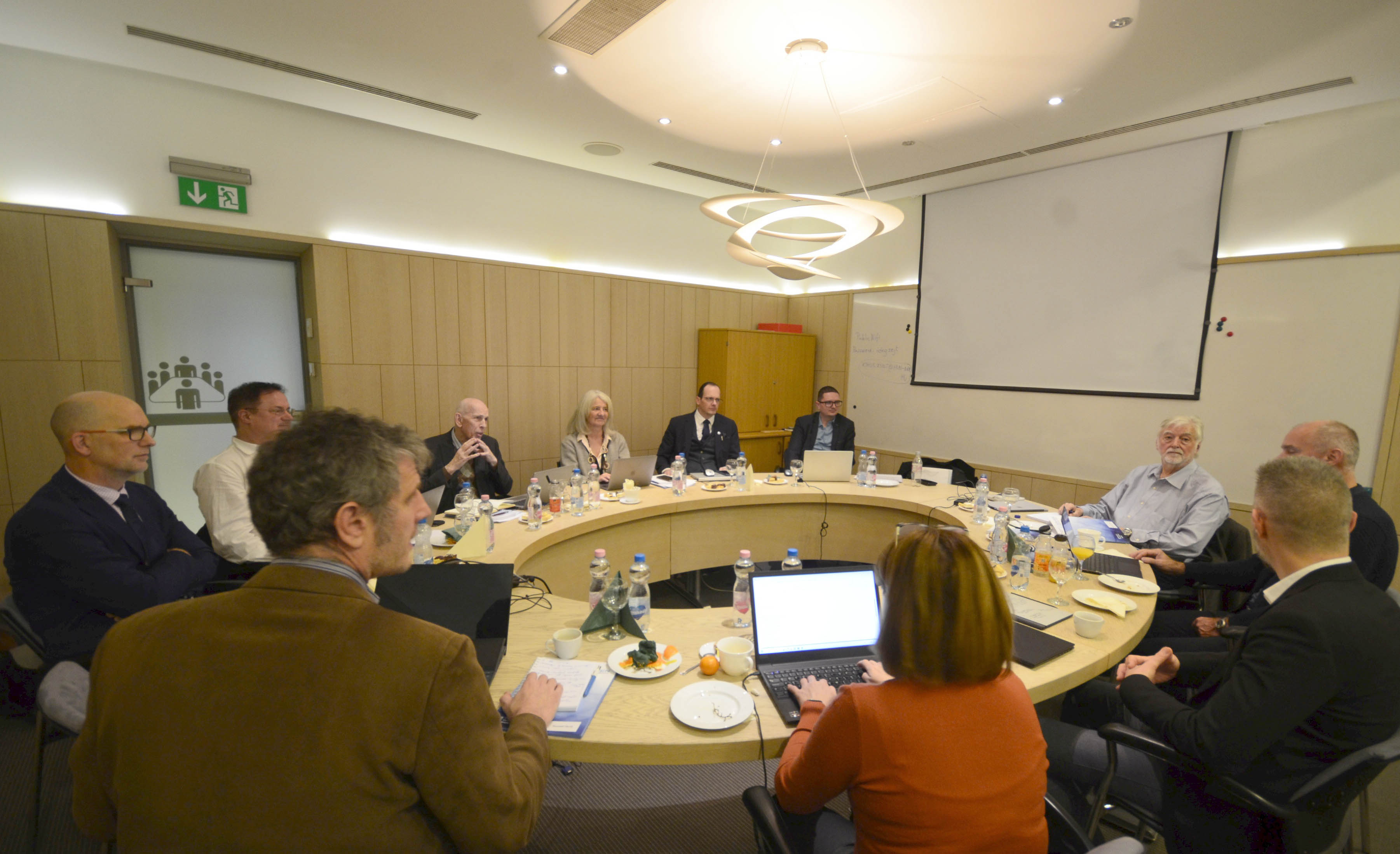 Based on the day's experiences, the committee jointly drafted an opinion highlighting the outstanding scientific achievements of KOKI at the international level, congratulating the institute on its outstanding results to date and wishing it every success in its future research.
Based on the day's experiences, the committee jointly drafted an opinion highlighting the outstanding scientific achievements of KOKI at the international level, congratulating the institute on its outstanding results to date and wishing it every success in its future research.
The official version of the summary, which includes several recommendations and suggestions for maintaining the effectiveness of the Institute's work, will be sent to the Institute at a later date.





